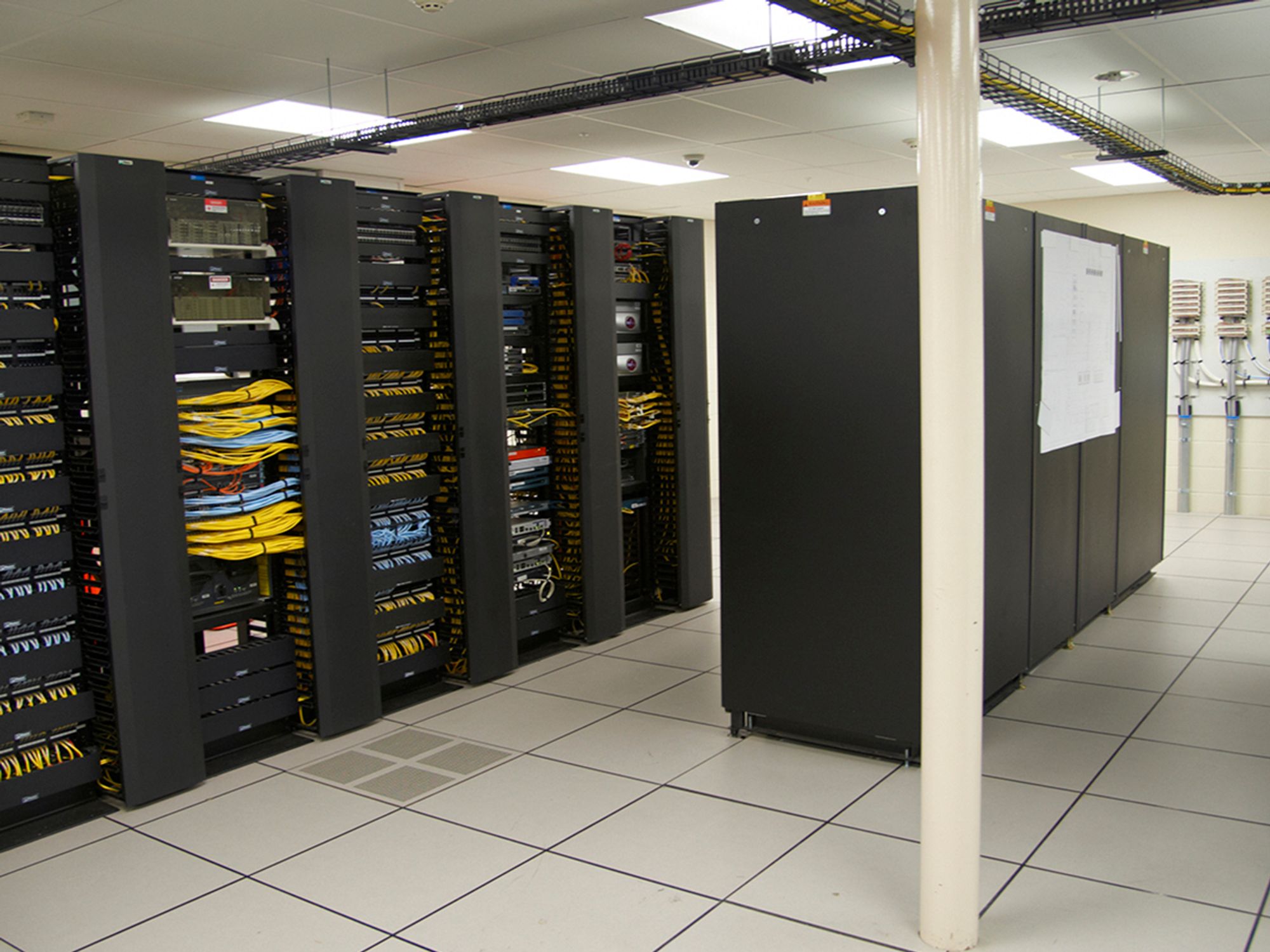Electronic security

- Certain ECPA provisions let employers monitor employee communications if a legitimate reason can be proven or if the worker agrees in writing.
- Many states deny employers access to an employee’s social media pages, especially that worker’s restricted or “hidden” information.
Beyond the physical objects that can encompass employee privacy, such as the desk and briefcase, electronic entities can bring up the issue of privacy. These include email, telephones, and computers. Can an employer monitor the telephone calls of its employees? Can it read an employee’s email?
One thing to note: Courts have indicated that monitoring such communications during their transmission is generally frowned upon, but once they become stored, it’s equivalent to searching an employee’s files. For example, listening to a voicemail (stored on the company system) is no different than reading an email sent from a company email account.
Despite the Electronic Communications Privacy Act (ECPA) seeming to prohibit employers from intentionally listening to or otherwise intercepting employee communications at work, it has a couple of exceptions that impact employers:
- Employers may monitor oral and electronic communications if they can prove they have a legitimate business reason to do so.
- Employers may monitor employee communications if they have the written consent of the employee. This exception is not limited to business communications.
Most people are familiar with business calls that indicate the call is monitored for business purposes.
The ECPA does not prevent access to electronic communications by system providers, which could include employers that provide the necessary electronic equipment or network to their employees. Courts have found that monitoring employees’ electronic transmissions involving email, the internet, and computer file usage on company-owned equipment is not an invasion of privacy. This holds true even in situations where employees have password-protected accounts.
Computer use and internet access
An employer can monitor employees’ email, internet access, and certain other use of a company computer. For instance, the history of websites an employee has visited can be accessed to determine if they are work-related (Companies should have a policy and make employees aware of it). However, if an employee accesses a personal email account or website (such as Hotmail, Yahoo, or Facebook), the content may not be read without the employee’s express (and freely given) permission, even if it was accessed on work time with company equipment.
Companies can still impose discipline for accessing these sites at work (as abuse of internet privileges), but content stored on an outside server (in contrast to a company-owned server) is protected under the Stored Communications Act. This law prohibits the intentional unauthorized access of communications that are stored with an internet service provider.
Employee photographs
Employers sometimes want to take photographs of employees for various purposes, but employees aren’t always on board with the idea — some may even allege that the employer taking photos of employees is illegal or an invasion of privacy.
While photographs can be taken in some circumstances, some states have laws limiting the use of employee photographs for commercial purposes, which may come into play if an employer were to use employee photos in advertising pieces or on a company’s externally facing website. In states with such laws, employers would typically need consent from employees to use photographs in this way.
Even where employee photos will not be used commercially or in states where consent is not specifically required, employers may still want to respect employees’ privacy and either ask for their consent or offer them an opportunity to opt out. Employees may have valid reasons for not wanting their photographs taken.
Restrictions on social media access
Employers should be aware that many states prohibit employers from requiring (or even requesting) that an employee or applicant provide access to a social media page. Usually, any information that is publicly available can still be accessed, but “hidden” information cannot be accessed.
For example, if an individual (employee or applicant) uses social media, but the chosen settings for privacy still allow information to appear in an internet search, the information could be discovered and used by the employer. However, if the individual’s privacy settings would “hide” or restrict access to postings, an employer cannot request or require access to that information.
The federal Stored Communications Act prohibits an employer from obtaining access to an individual’s personal account without voluntarily given authorization.
Neither state or federal laws restrict employers from monitoring computer use of company-owned or company-issued devices, nor do they restrict employers from accessing a company-sponsored social media page (such as a business page or account).
